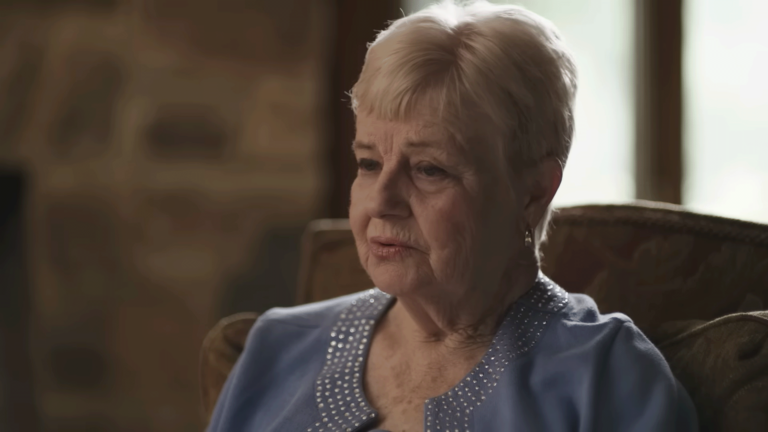To address the increase in Maryland residential fire fatalities as compared to the same time last year, a new state law aimed at reducing home fire deaths will require long-life sealed-in battery smoke alarms effective July 1. The Maryland State Fire Marshal’s Office and other fire officials have joined leading fire safety product manufacturer, Kidde Fire Safety, in a public service campaign urging families to take action. Kidde is a part of UTC Climate, Controls, & Security, a unit of United Technologies Corp. (NYSE: UTX).
The new law requires homeowners to replace any battery-operated smoke alarm more than 10 years old with a unit powered by a 10-year sealed-in battery. These alarms provide continuous protection for a decade, and national fire experts, such as the National Fire Protection Association (NFPA) and National Association of State Fire Marshals (NASFM) recommend their use. Two-thirds of all home fire deaths occur in homes with either no smoke alarm or no working alarm, mainly due to missing or disconnected batteries. To date, 39 Maryland residents have died in home fires, 35% of which did not have working smoke alarms.
“More than 800,000 Maryland homes use battery-operated smoke alarms, and we can’t emphasize enough the importance of upgrading those smoke alarms to help ensure families have working alarms in case of a home fire,” said Bruce Bouch, Maryland Deputy State Fire Marshal. “By sealing the battery inside the alarm, the unit becomes tamper resistant and removes the burden from consumers to remember to change batteries, which will save lives.”
The law also requires homeowners to ensure they have a smoke alarm installed on each floor and in each sleeping area, per NFPA recommendations. A national survey on behalf of Kidde found less than a quarter of homeowners follow this guideline, and three out of four don’t know where to place alarms in their homes.
“You have only minutes from the sound of the first smoke alarm to escape a fire,” said Chief Ron Siarnicki, executive director, National Fallen Firefighters Foundation and officer of the Maryland State Firemen’s Association, which supported this law. “The sooner you hear an alarm, the sooner you can respond and the better chance a family has to escape. Not only does this help your family, but it decreases the chance a firefighter would be injured or killed trying to save a life.”
Maryland officials have teamed with Kidde on a public awareness campaign featuring local firefighters and fire service leaders. The public service announcements will run on TV and radio stations across the state and in the District of Columbia. The spots are also available on beaherosaveahero.com.
“We know that fire safety isn’t at the top of everyone’s minds, yet someone dies in a home fire every three hours in America. We’re proud to help Maryland fire officials spread the word and remind families that a simple step like installing a smoke alarm could save lives,” said Chris Rovenstine, vice president, sales and marketing, Kidde.
Ten-year sealed-in battery smoke alarms, such as Kidde’s Worry-Free line, are available at home improvement retailers and cost between $25 and $50. With no need to replace batteries, consumers will save about $40 in battery costs over the life of one alarm. After 10 years, the alarms will sound a warning to indicate it is time for replacement. For more information, visit worryfreealarm.com.




